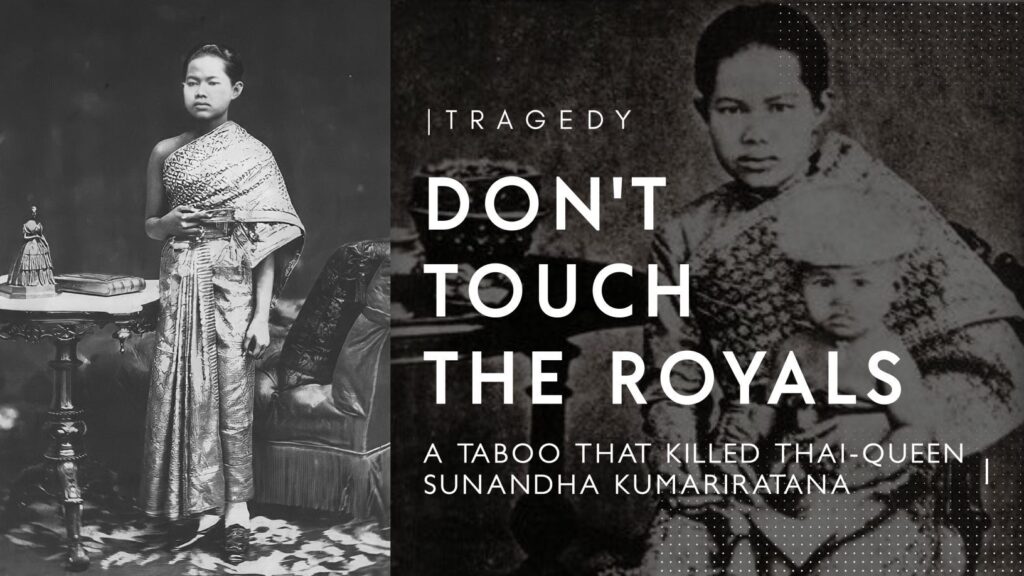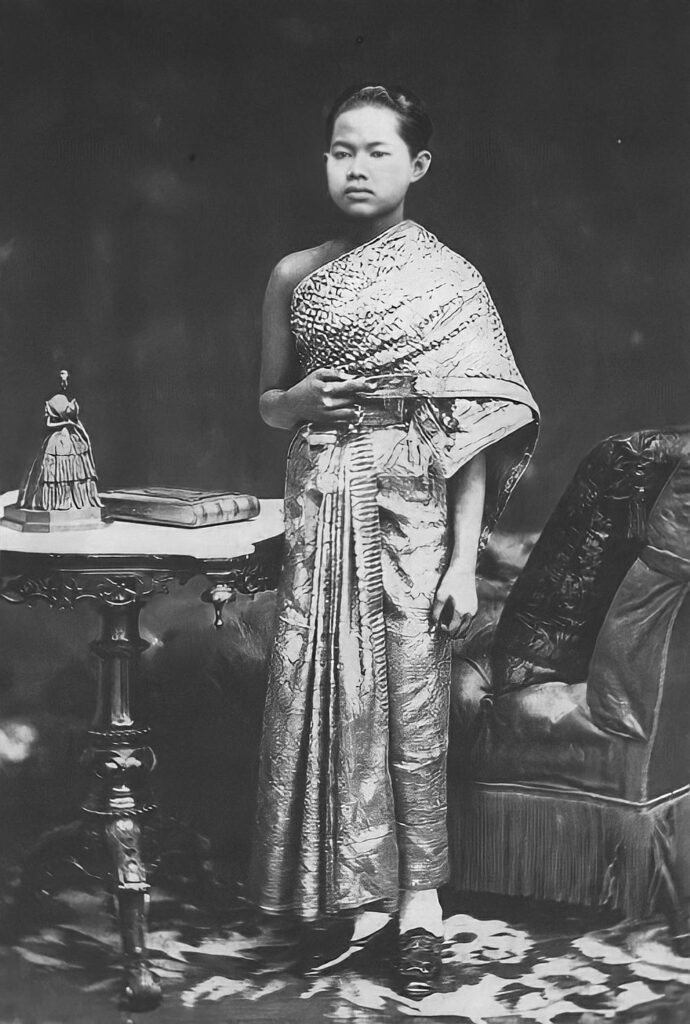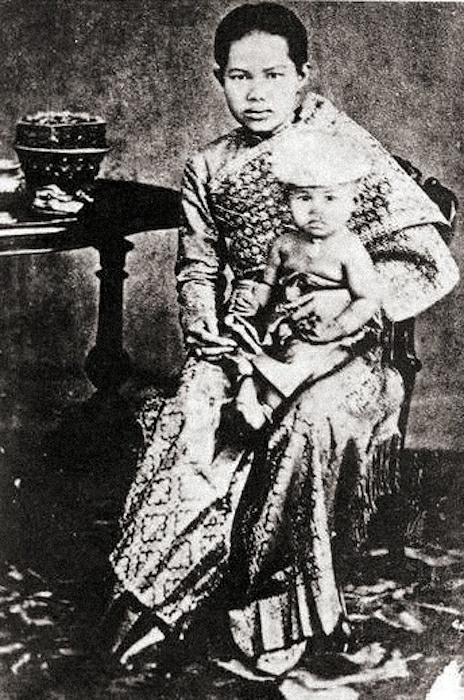The word “taboo” has its origin in the languages spoken in Hawaii and Tahiti that are of the same family and from them it passed to English and French. The original word was “tapú” and originally referred to a prohibition against eating or touching something . More broadly, a taboo is “morally unacceptable conduct by a society, a human group, or a religion.” Some taboos proved fatal, such as the absurd taboo that killed Queen Sunanda of Thailand.

Queen Sunandha Kumariratana Of Thailand

Sunandha Kumariratana was born in November 1860 and died shortly before his 20th birthday, the victim of an absurd taboo. Sunanda was the daughter of King Rama IV and one of his wives, Queen Piam Sucharitakul. Following the customs of the dynasty of the kingdom of Siam, Sunanda was one of the four wives (queens) of his half-brother King Rama V.
With Queen Sunandha, King Rama V had a daughter, named Kannabhorn Bejaratana, born on August 12, 1878. And she was expecting another child who would be a boy and therefore the first child and future king, when tragedy struck on May 31, 1880 ― Queen Sunandha died in a weird way.
In fact, King Rama V was a great modernizer, but one of the too strict laws of his time was responsible for the tragic deaths of his pregnant queen, Sunandha and her little daughter.
In many cultures, one very common taboo was the prohibition of touching any member of the royal family. In nineteenth-century Siam, no commoner could touch the queen (on pain of death), and if they did this, the punishment was inevitably the “death penalty”.
The Tragic Deaths Of Queen Sunandha And Princess Kannabhorn

On May 31, 1880, Queen Sunandha and Princess Kannabhorn boarded a royal ship to move to the royal palace of Bang Pa-In (also known as the “Summer Palace”) across the Chao Phraya River. Eventually, the ship capsized and the queen with her little daughter (princess) fell into the water.
At the time, there were many bystanders who witnessed the rollover, but no one came to rescue them. The reason: if someone touched the queen, even to save her life, he risked losing his own. Moreover, a guard on another ship also ordered others to do nothing. Therefore, no one lifted a finger and they all stared as they drowned. The absurd taboo that prohibited touching a royal body ultimately became the cause of their deaths.
After this tragic event, King Rama V was absolutely devastated. The guard was subsequently punished for his overly strict view of the law in such circumstances, king accused him of murdering his wife and children and sent him to jail.
After the tragedy, one of the first acts of King Rama V was to abolish the stupid taboo and sometime later he erected a monument in honor of his wife, daughter and unborn child in Bang Pa-In.
History Has Gone Around The World
Over the years, the story of this macabre event spread to the rest of the world and many journalists criticized Thailand, judging it as a country with little spiritual and inhuman development. How could these people let a pregnant young woman and her young daughter who was also asking for help to drown in front of their eyes without reacting!
However, it was seldom noted in these articles and reports that the guard was obeying an ancient and rigorous Thai law that prohibited any commoner from touching a person of royal blood, because the punishment was immediate death.
It should also be noted that accidental drownings in the Chao Phraya River (Menam River) were so widespread that a strange superstition developed in response. It was believed that in saving someone from drowning, the water spirits would demand responsibility and later take the life of the saviour, hence the stoicity and indifference in Siam in saving the drowning.
And so the guards obeyed the law and superstitions on the Chao Phraya River to the detriment of the queen, the life of her only daughter and her unborn child.
Final Words
In today’s societies, these absurd taboos have been abolished, but we have others that have gone through and evolved as we grow as a group from the ancient times.




